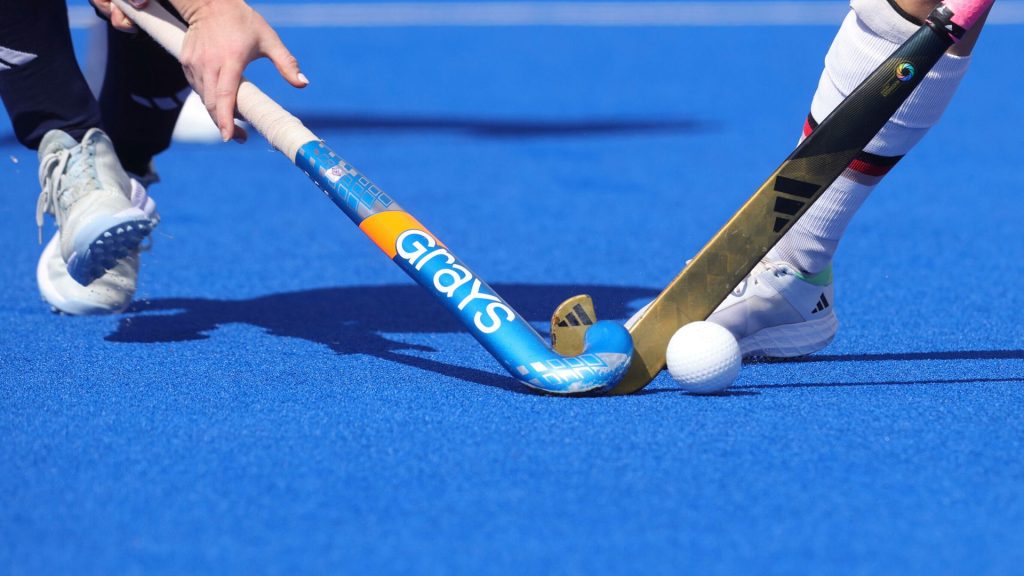The recent decision by England Hockey to ban transgender players from competing in women’s hockey as of next season has sparked a heated debate about inclusivity and fairness in sports. While the governing body claims that the move is intended to protect “fair competition,” many argue that it is a step backward for transgender rights and equality.
The new policy, which will come into effect on September 1, will see the introduction of separate female and open categories, effectively ending trans participation in the women’s game. England Hockey’s decision is based on the assumption that hockey requires physical capabilities such as strength, endurance, speed, and acceleration, making it a “gender-affected sport.” However, this reasoning has been met with criticism from many who argue that it is overly simplistic and fails to consider the complexity of gender identity and the varying levels of physical ability among athletes.
The decision is part of a larger trend of governing bodies in various sports restricting the participation of transgender athletes in female categories. The Lawn Tennis Association, the LGPA Golf Tour, and the England and Wales Cricket Board have all introduced similar policies, citing concerns about fairness and competition. However, many argue that these policies are discriminatory and exclude transgender athletes from participating in the sports they love.
It’s essential to recognize that transgender athletes are not a homogenous group, and their experiences and abilities vary widely. Rather than making blanket policies that exclude them from competition, we should be working to create a more inclusive and supportive environment that allows all athletes to participate and thrive.
The exclusion of transgender athletes from women’s hockey is not only unfair but also damaging to the sport as a whole. It sends a message that transgender athletes are not welcome, and it perpetuates harmful stereotypes and stigma. Instead of promoting fairness and competition, these policies promote exclusion and discrimination.
It’s crucial that we prioritize inclusivity and respect for all athletes, regardless of their gender identity. We should be working to create a sports culture that values diversity, equity, and inclusion, rather than one that seeks to exclude and marginalize certain groups. By doing so, we can ensure that all athletes have the opportunity to participate and compete in a safe, supportive, and inclusive environment.
The decision by England Hockey is a disappointment, but it’s not a surprise. It’s a reflection of a broader societal issue – a lack of understanding and acceptance of transgender people. However, it’s not too late to change course and work towards creating a more inclusive and supportive environment for all athletes. We must continue to advocate for the rights and dignity of transgender athletes and work towards a future where everyone can participate and thrive in the sports they love.

